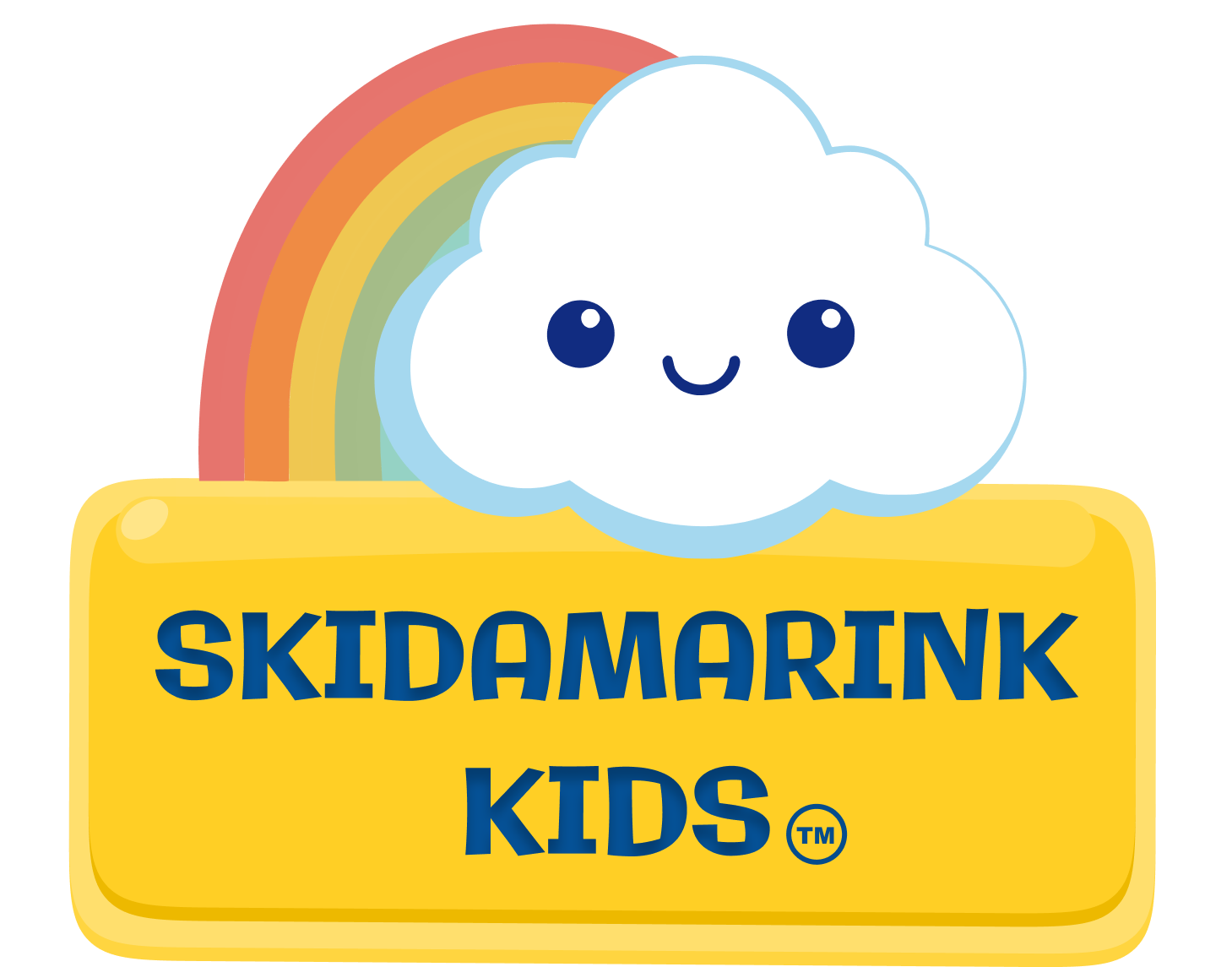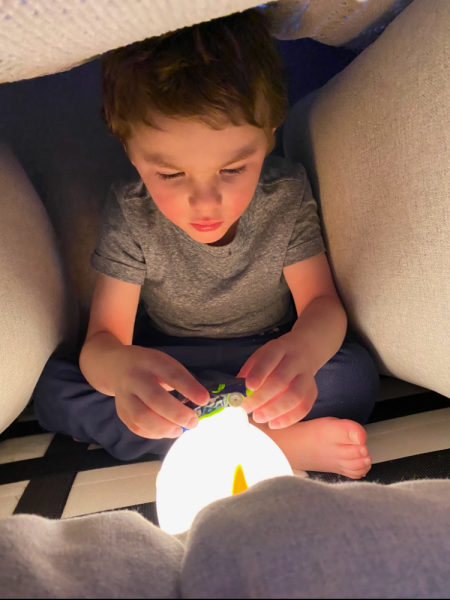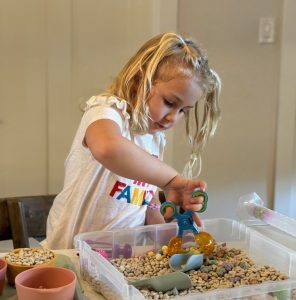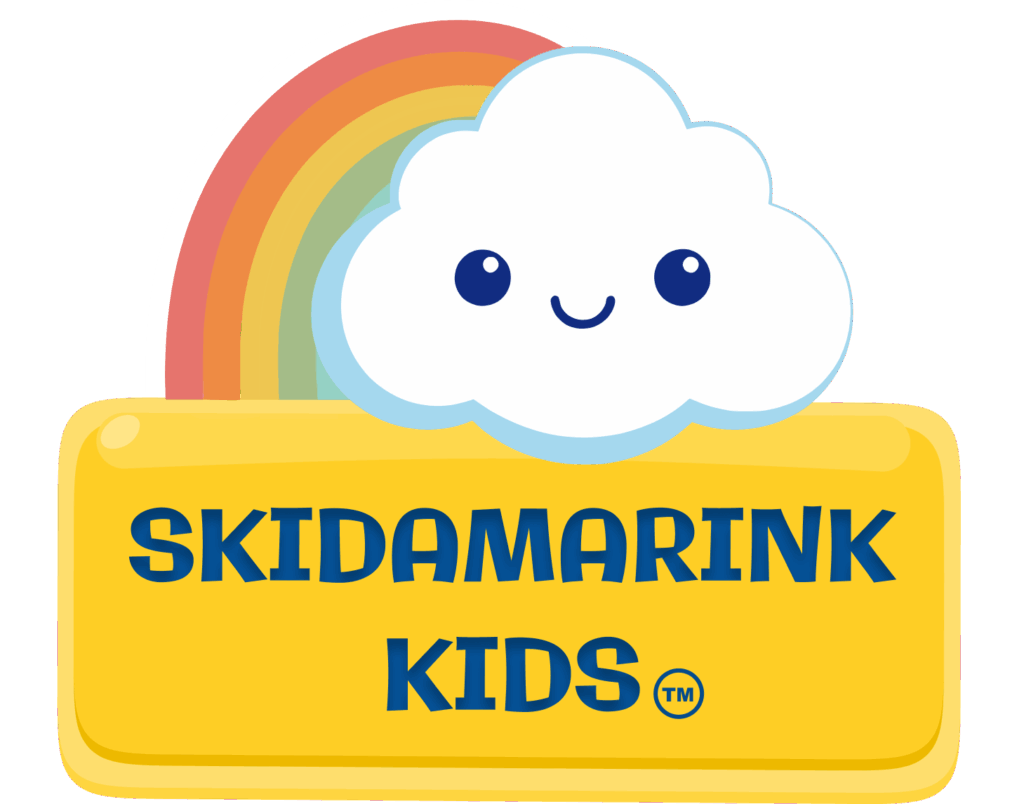If your little one melts down at the sound of a vacuum, refuses to wear certain clothes, or always seems to be on the move, these may mean your child is having challenges related to sensory processing. Knowing the signs of sensory issues in toddlers can shed some light on their behaviors,.
It can be tough to watch your child struggle, but with a little understanding and some practical tools, you can make life calmer for both your child and yourself. Let us explore what sensory issues can look like, some of the common causes and early signs to watch for, and small changes that can help you meet your child’s sensory needs.
What Are Sensory Issues in Kids?
Sensory issues happen when the brain struggles to organize and interpret information from the environment and body. Egos is known as Sensory Processing Dysfunction. Our brains rely on external senses (sight, sound, touch, taste, smell) to understand and respond to the world around us, as well as on internal sensory organs to help us gauge our own bodies (balance, pain, body position, movement, hunger, etc.).
Sometimes, these systems don’t work together smoothly. Picture a traffic control system where some signals come through too loudly while others barely register. In these cases, everyday experiences become either overwhelming or not stimulating enough for a child. This mismatch makes it difficult to process information and react appropriately, often resulting in what is labeled as behavioral problems, but they’re really signs of sensory issues in toddlers.
Download the Tantrum Tamer today and have regulation support in your pocket.
What Causes Toddler Sensory Issues?
Children’s sensory development depends on a combination of neurological, genetic, and environmental factors. Among the most important influences are movement and tactile exploration, which help children build body awareness, develop tolerance of sensory input, and regulate their emotions more effectively.
Over the last few decades, however, children’s daily routines have changed dramatically. Busier schedules and increased screen times have led to many children missing out on these essential sensory experiences.
Research suggests that these lifestyle changes are affecting children’s development and may be linked to the increase in sensory processing dysfunction (SPD), a symptom commonly seen in children with developmental delays like ADHD and autism.
Although there is not a simple, clear answer, there are several factors that are believed to contribute to this:
Neurological factors
Some children experience “brain imbalance,” in which one hemisphere becomes underdeveloped, while the other hemisphere becomes stronger to compensate. This imbalance (called Functional Disconnection Syndrome) limits communication between the two sides of the brain and creates gaps in development. Genetics, physical, social, and environmental factors all play a role in this imbalance.
One way to achieve significant improvements in children is to focus on activities to support the natural balance of the brain.
Genetics
Family history matters in the development of sensory issues. Parents who struggle with sensory challenges, attention issues, or learning differences often see similar patterns in their children.
Pregnancy and birth factors
High stress levels during pregnancy, early childhood, birth complications (including C-sections), or birth trauma can all affect a developing baby’s nervous system. These experiences increase the risk of retained primitive reflexes, such as the fear paralysis reflex, which has been linked to ADHD and autism.
Primitive reflexes, which are automatic responses to stimulation or movements, develop to help babies survive their first few months of life. However, these should naturally disappear as the nervous system matures. Children with retained reflexes have a harder time with tasks like sitting still, focusing, or coordinating their movements.

Remember: You were doing the best you could with what you knew at the time. Managing your stress now and staying present can still make a positive difference for your children—no matter their age. So take a deep breath, mama. There’s no need for blame, only opportunity for growth.

Limited movement
Movement and outdoor play provide the foundation for sensory and motor development, helping children’s brains build the right neural pathways. But today’s busier, more sedentary lifestyles leave children with fewer opportunities for these sensory-rich experiences.
When these activities are reduced, children are more likely to struggle with regulation and motor development.
Lack of social interaction
When children don’t get enough face-to-face interaction, eye contact, and genuine connection time with caregivers, it affects their social and sensory development. Our brains are designed for connection, and this foundation is essential. Bonding with your little ones will not only make parenting a lot more fun, but also help them develop
Poor nutrition and gut health
Proper nutrition not only supports brain development, but it also enables children to regulate their behavior, mood, and sensory processing. Poor nutrition can negatively interfere with developing nervous systems.
Since the gut and nervous system are closely connected, an unhealthy diet can also affect gut function. This explains why children with sensory issues have a higher chance of having digestive–related problems, eczema, and food sensitivities.
Supporting nutrition and gut health can, in turn, ease sensory issues. Consult your child’s pediatrician if you have concerns about your child’s digestive health.
Early screen time
Too much screen exposure is linked to adverse effects on kids’ development. This input overstimulates the nervous system. Try these tips:
- Avoid screen time the first two years of life while the right brain hemisphere develops.
- Provide big body movement activities.
- Save short periods of screen time for when you really need to use it.
- Don’t forget to involve your children in everyday activities for connection and to teach independence.
Academic Pressure Too Early
There’s a big push for early academics, but this can disrupt the brain’s natural development. Prioritizing fine motor skills and academics before children master whole-body movements and social interactions skips essential steps. This creates brain imbalance that often leads to sensory processing issues. Kids may be easily overwhelmed, struggle with transitions, or can’t regulate their emotions.
The solution? Focus on self-regulation skills first through play and movement. This builds the foundation children need to be adaptable, well-behaved, and truly ready to learn.
Chemical exposure
Chemicals and plastics that interfere with hormones and impact brain development are in a lot of everyday products, including cleaning products, food containers, and even kids’ shampoo. Research brands that use natural, safe ingredients as alternatives.
Stress and overstimulation
Maintaining a busy schedule or household, constant background noise, bright fluorescent lights at home or outside, and crowded spaces can all bombard a child’s developing nervous system and create so much stress for them.
Experiencing these too often or for too long may trigger fight, flight, or freeze responses, which can interfere with the nervous system’s ability to mature. When their brains are already working overtime to compensate for existing imbalances, extra sensory input from stress or overstimulation makes it incredibly hard for children to process sensory information. This can lead to signs of sensory issues in toddlers and older kids.
Signs of Sensory Issues in Toddlers
Children process sensory input in different ways, and when their systems are out of balance, it often shows up in three main patterns:
Over-responding
When children are easily overstimulated by things that don’t usually affect most people, their sensory system acts as if they’re on constant high alert, making everyday sensations feel overwhelming. Signs of overstimulation in toddlers include:
- Noticing subtle background noises, and being particularly bothered by loud sounds
- Having meltdowns in crowded places
- Reacting strongly to visual mess or tactile sensations (e.g., refusing to walk barefoot on grass)

Under-responding
On the other end of the spectrum are kids who seem disconnected from what’s happening around them due to under-stimulation:
- Not responding when you call their name
- Seeming like they’re in their own world, unaware of their surroundings
- Showing “flat” expressions
Sensory seeking
A sensory seeking child actively craves sensory input and often looks like they never stop moving, though they generally try not to be as “naughty” as we tend to think.
Sensory seeking toddlers may be best characterized by:
- Touching every surface or chewing on any object
- Displaying frequent clumsiness (e.g., crashing into furniture)
- Struggling to sit still, pay attention, or perform daily tasks (getting dressed, brushing teeth, etc.)
- Being picky with food beyond typical childhood preferences
- Expressing emotions that seem disproportionate to the situation
- Not reading social cues correctly
Having poor tolerance of bright lights or certain textures (e.g., tags or seams in clothing)
When to Be Concerned and How You Can Help
You don’t need to be a licensed therapist to learn how to help a child with sensory processing disorder or poor impulse control.
Providing doses of sensory play and exploration activities are important for every child. As a parent, it’s important to have a thorough understanding of what changes you can make in your child’s routine and your lifestyle to help minimize the risk factors:
- Have a quiet, calm space ready for when your child feels overstimulated.
- Add movement breaks in your day to give toddlers the sensory input they need.
- Provide sensory fidgets, weighted lap pads, or similar items.
- Play outdoors often to engage all senses.
- Simplify daily routines to help children feel secure and reduce stress.
- Reduce background noise and harsh lighting.
Consider asking your child’s pediatrician for a possible referral to Occupational Therapy or other professional support if sensory challenges begin to:
- Interfere with your and your child’s daily life
- Affect your child’s ability to play, learn, interact, or perform basic tasks
- Lead to frequent, unmanageable outburst
Want additional resources on Sensory Processing and brain balance?
- The Brain Balance Centers
- The Out-of-Sync Child, Third Edition: Recognizing and Coping with Sensory Processing Differences (The Out-of-Sync Child Series) by Carol Stock Kranowitz (Author), Lucy Jane Miller
– Kendra
Address the Signs of Toddler Sensory Issues with Expert-Backed Support
If you’ve started noticing your child has some of the signs of sensory issues in toddlers and don’t feel confident handling them on your own, Skidamarink Kids has tools you can easily leverage.
The Tantrum Tamer app was built for this exact purpose: to give parents expert-backed guidance and tools to make daily life easier.
Created by a pediatric therapist and mother with 20+ years of experience, this app gives you practical, day-to-day support for easing meltdowns and reducing power struggles, so you can bring more calm and consistency to your child’s routines.
Download the Tantrum Tamer today and start enjoying calmer days.








